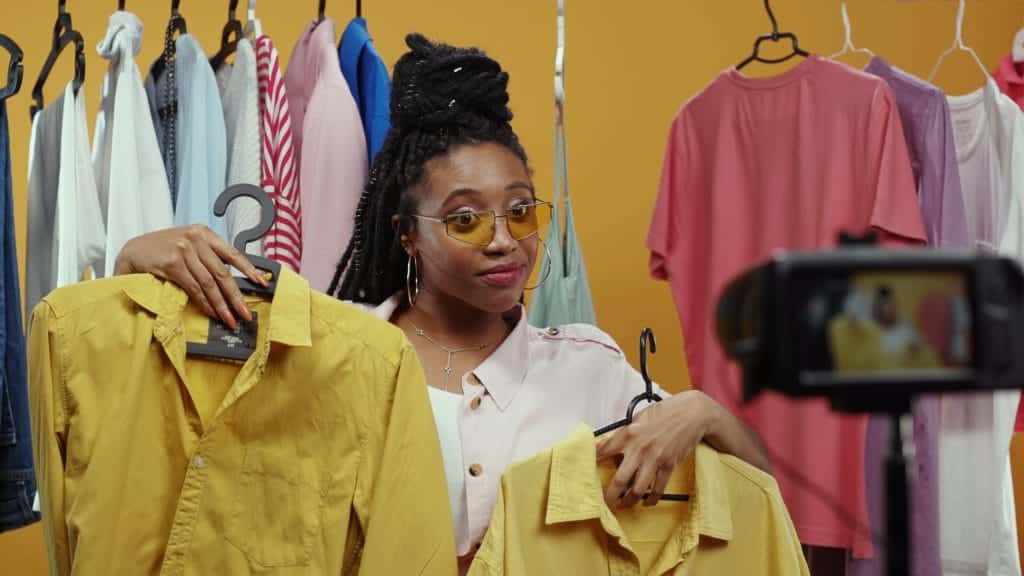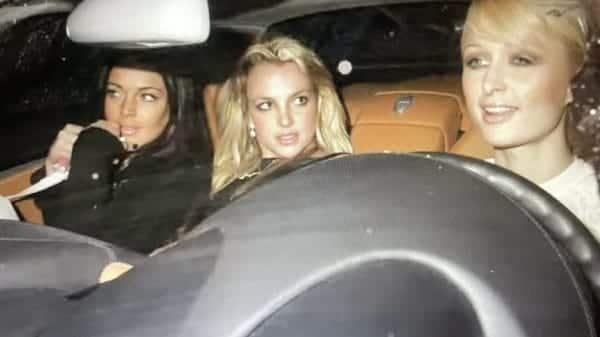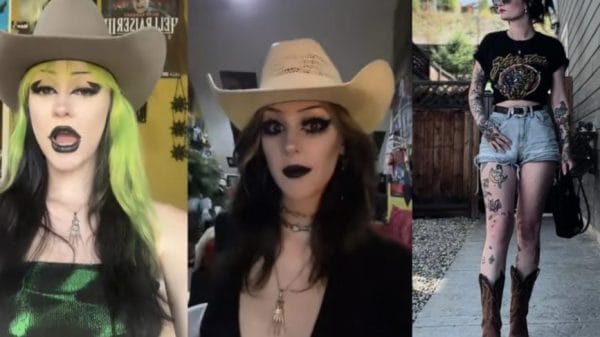In Spring 2022, Doja Cat posted an advertisement for Taco Bell’s Mexican Pizza.
“Hi, I made a song about Mexican pizza because I love it so much,” she says flatly in the ad’s introduction, “I wish Taco Bell didn’t discontinue it a year ago and, uh, it led me to this monstrosity of a beat I just made. I hope you like it. And if you don’t, I understand.”
This ad did not stand alone. A day prior, the “Say So” star posted a much less supportive TikTok speaking “candidly” to her followers.
She claims “I have to do a jingle— they want me to wrap about Mexican Pizza so I just want to give you a heads up before you see that shit. Just know: it’s contractual. Shhhh— I know it’s bad.” “Keep this shit a secret i’m not tryna do it so ima make it terrible on purpose” overlays the video.
The post captioned “somebody gettin cussed out,” blew up- with nearly 4 million likes and 35 thousand comments. Fans asked, “Should we all decide what we’re gonna say in the comments when it goes up?” and collectively settled on “contractual.” Her candid 52-second video created a sense of community. But why?
Fans or friends?
Influencers serve as a mechanism for consumerism— existing in and through the capitalist culture industry, but at what point do the masses accept domination?
These creators build a “reputation of realness,” sustaining their fans and followers through parasocial relationships.
They remain active on social media, share seemingly random anecdotes of their life, and consciously create a sense of intimacy. With this intimacy comes trust. Followers feel supported and understood, which strengthens the bond between them and reinforces fan identity. In time, fans come to “understand” these celebrities and appreciate their values and motives.
TikTok’s platform is supported by the idea that anyone can go viral, effectively leveling the playing field between the everyday viewer and their favorite creator. Watching a “quirky” video? Chances are the top comment is, “It’s like we’re on Facetime.”
Doja’s warning post was met with comments such as “I feel like I’m on Doja’s close friends” and “this the type of selling out the world needs rn.”
When posts are outwardly sponsored, creators appease us with, “You guys know I wouldn’t support a brand unless I love it,” but do we?
We know you keep a messy room. We know you’ve had a puke-stained dress in your closet for over a year. And we know that your new podcast “Hot Mess” releases new episodes every Wednesday (we have our notifications on in anticipation).
TikTok’s @clios_world calls relatability “a tactic to conceal privilege.” These influencers, such as Alix Earle, use dirty room tours and hungover “Get Ready With Me’s” to “conceal an otherwise inaccessible lifestyle,” and establish a connection with an audience “gazing up at them from many tax brackets down.” They “relate” from a secure and luxurious distance.
The culture industry’s sole purpose is to ensure the continued obedience of the masses. They’ve created an inescapable standard where fans and followers equate their favorite creator’s success to their own.
Instead of questioning this standardization, consumers post videos captioned “Influencers that wouldn’t judge me in a bikini” and feature a creator with “Did you eat today?” merch linked in their bio.
Connected or cancelled
These transactions can’t take place without an established relationship. What happens when product placement comes before the “Facetime call?”
Just last year, beauty influencer Mikayla Nogueira reviewed L’Oreal’s Telescopic mascara. In her video, she exclaims “This literally just changed my life. This looks like false lashes—” and fans agreed. False eyelash accusations flooded the comments, and Mikayla Responded with “Nooo omg L’Oreal would never allow that in a partnered post!!!”
Mikayla was met with cancellation, but why were viewers so quick to hit unfollow?
Just a few months prior, a 2021 video of Nogueira went viral. “I literally just finished working, it’s 5:19. Try being an influencer for a day because the people who say it’s easy are so far out of their minds.”
Influencers’ sole purpose is to influence. The job description could not be any more clear, yet any mention of a deliberate sale without pre-established rapport is met with threats of inauthenticity.
While Mikayla’s page routinely reviews beauty products, her “Get Ready With Me” videos center on the product, not the story she tells while using the product. Her followers have no reason to root for her sincerity because they sincerely don’t know anything about her life past the ring light.
This is Mikayla’s job, not her life.
It’s your favorite influencer’s job too, but they have acne right?
This lack of trust is emphasized through Tiktok’s newest “Shop” tab, which brings the everyday person to your ForYou page with threats of a $5.99 “must-have” purse. Viewers scroll in frustration, yearning for content that resonates with them on a deeper level– their favorite influencer’s latest trend prediction, perhaps.
Shame in subtlety?
Are the people at the top no longer interested in concealing monopoly or have we just become immune?
Doja Cat’s video, filmed in front of a cracked headboard, was met with comments such as “Get your bag” and “I feel like you could afford to not have a cracked headboard but you know what, maybe that’s why you’re doing the jingle.” She’s intentionally marketed as “raw.”
Doja Cat’s casually candid preliminary video may seem meaningless and flippant, but it’s the opposite.
This rawness gives consumers a false sense of participation. Her audience feels in on a joke— promising “all 20 million of us will be quiet” and “your secret is safe with me.” Doja is disrupting people’s expectations of an ad promotion, but not without approval from the brand.
Fans were excited to “be on Doja’s close friends” but they never had the choice. Doja Cat didn’t “trust” her 52 million viewers enough with any secret—even openly calling her fans dumb in a 2023 tweet.
The lines between genuine connection and commercial exploitation have been blurred. It’s the consumer’s job to go along with shameless plugs and ads, all while being thankful that their favorite creator is “#real.”














